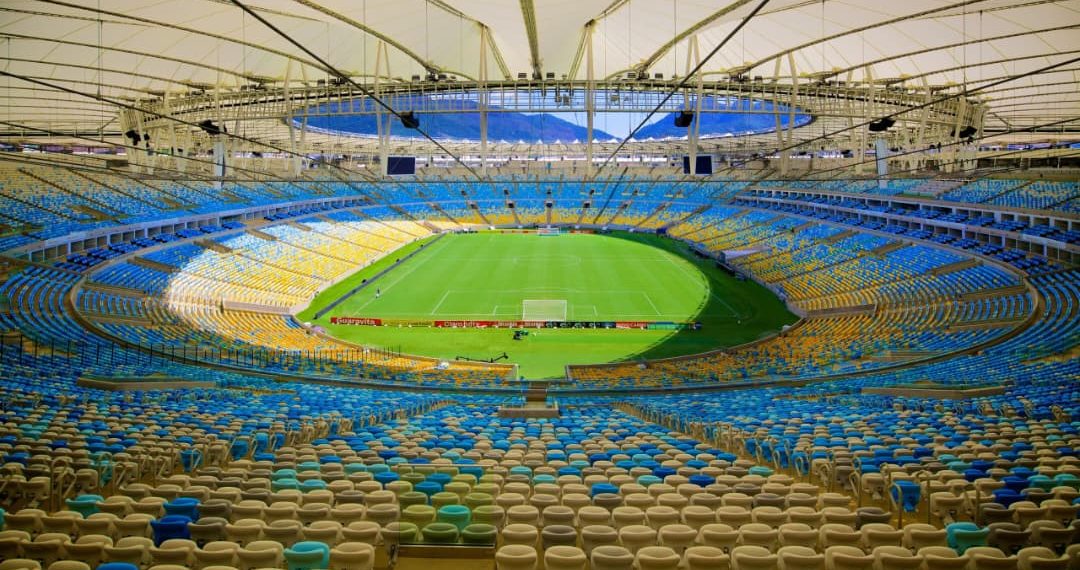Maracana Stadium Up for Sale Amid Financial Crisis in Rio de Janeiro
One of football’s most iconic venues, the Maracana Stadium in Rio de Janeiro, is on the market as Brazilian authorities look to sell state-owned assets to alleviate a staggering debt. The stadium has been included among 62 assets slated for sale in a plan to raise funds for the state, which is grappling with a debt of approximately £1.7 billion due in 2026.
The Maracana, famed for hosting the World Cup finals in 1950 and 2014, has become a financial burden, costing the state around £140,000 per match in maintenance. Rodrigo Amorim, president of the legislative commission overseeing the proposal, believes that selling the stadium could generate over £279 million for the financially-strapped state. “The upkeep of this historic venue has become unsustainable for our budget,” he stated.
The decision to privatize the Maracana has sparked outrage across Brazil, with many viewing the stadium as a national treasure. Opened in 1950, the Maracana once held a record crowd of nearly 200,000 during the infamous ‘Maracanazo’, when Brazil suffered a shocking defeat to Uruguay in the World Cup final.
Currently, the stadium is home to two major clubs, Flamengo and Fluminense, who share the 78,838-capacity ground. This makes the Maracana a vital part of Rio’s sporting and cultural identity. The venue has undergone three major renovations since its inception, reducing its capacity multiple times to accommodate modern standards.
The recent proposal to include the Maracana in the state’s privatization bill followed amendments to Rio’s asset-sale program, which saw 30 properties added to the list. Officials argue that selling underused or costly state properties will help raise funds and prevent further financial decline.
Amorim emphasized that the goal is not merely profit, but rather to revitalize public assets that are currently in disrepair. A full proposal will be submitted for a vote by Rio’s Legislative Assembly in the coming weeks.
However, public backlash has been swift, with critics warning that selling off such a national symbol could erode Brazil’s rich football heritage. Previous attempts to privatize the Maracana have met with controversy, including a failed 2011 plan involving businessman Eike Batista.



